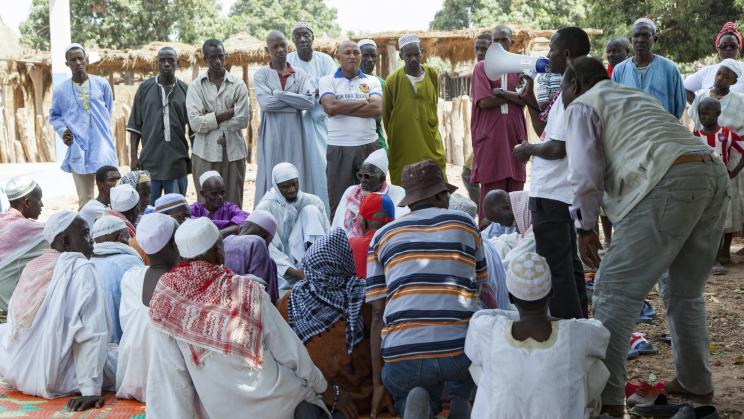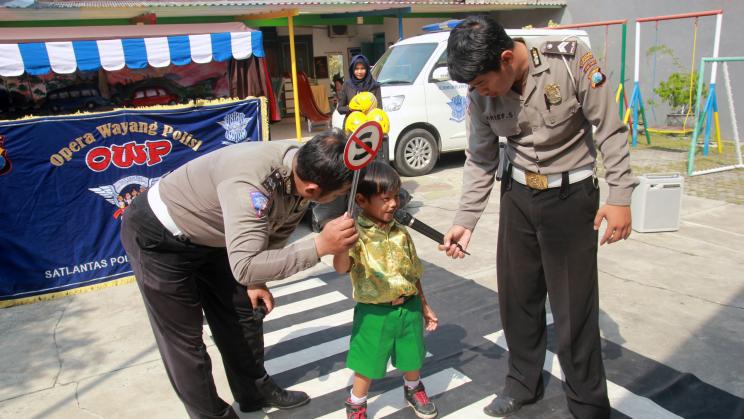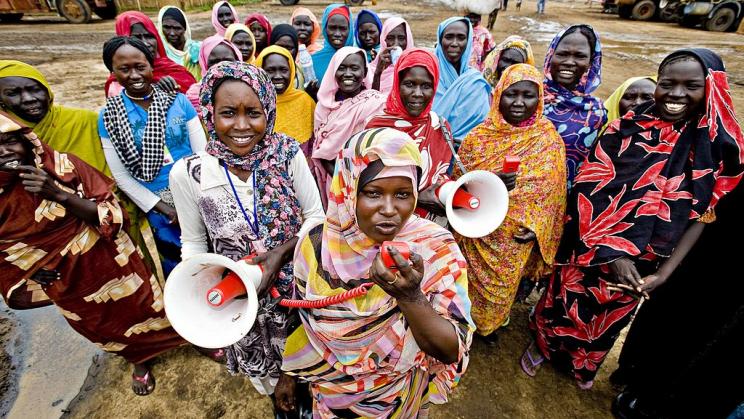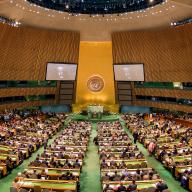Governance and society
In the domestic context, institutions—both formal and informal—serve as the ‘rules of the game’. When institutions are perceived as fair and effective, they are respected and govern how people within societies interact. However, when institutions are seen as ineffective, exclusionary or corrupt, they can rear grievances and conflict.
Inclusivity and the building of effective and legitimate institutions is critical in preventing relapses into violent conflict and producing more resilient states and societies. Successful and sustainable institutional reform restores core governance functions and generates equitable service delivery. Institutional reform focuses not only on structures and processes, but on changing the incentives and norms that drive behaviour in governance systems, a process that may take many years to achieve.
In the international context, global governance requires cooperation between states, non-state actors and international and regional organisations to reach common responses to shared cross-border challenges.
SIPRI’s programme on Governance and Society asks how societies can undertake effective governance reform of core public goods, this includes sequencing and building narratives around reform. The programme investigates how inclusion can contribute to promoting peace and development in societies and how governance challenges can foster conflict within or between societies. It further examines the development and functioning of global rules, norms and institutions to deal with transnational challenges.
RESEARCH INITIATIVES
SIPRI explores the challenges of making societies more resilient, of tackling social and economic inequalities, and of mitigating risks to development.
SIPRI examines efforts to develop or reform key security, law enforcement, and justice institutions, with an emphasis on conflict-affected and transitional settings.
SIPRI conducts research on inclusive peacebuilding and seeks to deepen understanding of exclusion as a driver of conflict.
As part of a larger effort to evaluate the implementation of the UN Security Council Resolution 1325, SIPRI conducts research on women’s participation and gender perspectives in peace processes.
Research staff
no researchers













